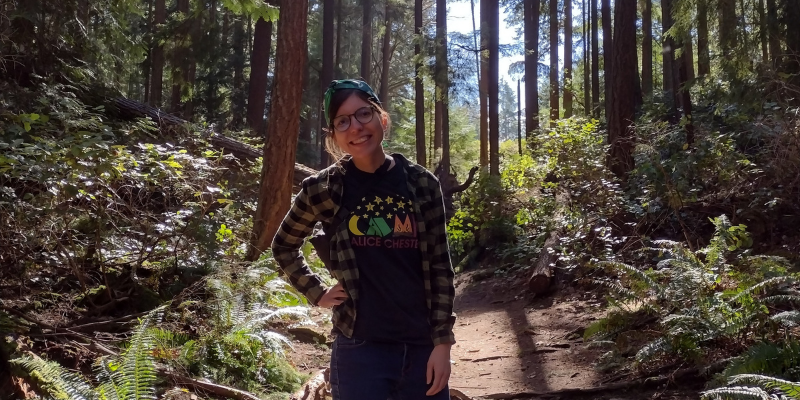2021 has been so fruitful for goals. I think that’s because I build habits that sustain them. The goals are SMART so I can clearly see when I’ve missed a day or not.
While I’ve logged daily, I am simultaneously getting bored by the format while also seeing the weekly/monthly goals are tougher to quickly log. I think it’s the capitalist idea that I somehow need proof, as if everything needs an accomplishment assigned it. But I need to respect the process too. I can’t work on every goal every day. But those I do, I make time for. And that’s idea 1 of being resourceful with goals:
You are what you give time to.
So, how do I make time for habits? Removing what’s unessential. Don’t get me wrong, there is privilege in writing that. But there is also a ton of work in deciding what I want to actually do in a day and accomplish in a life.
That’s why daily goals work better, at least I can feel the sense of accomplish in getting ’em done. But what are the bigger goals so I can keep progressing? I don’t want to stay stagnant. And the only one I’m competing against is myself, so is doing the same thing day after day enough? No. The process matters, but I like to assign bigger goals, too. Take exercise, for example. If I run every day (what I christen, “getting my steps in” on the logs), I’ll naturally get more steps in. But that’s not enough. I track ’em to total ’em by the year’s end.
This year, I added a small external reward by joining my health insurance’s program that gives points for workouts. Those points can be used for products, like workout clothes and gift cards (naturally, I’m going big with my goal – a bike!) I may also sign up for a virtual run, but the point is, I have a bigger goal of running 500 miles in a year. Therefore, I must make practice out of running and documenting. I long how resourceful running is because it’s affordable, for both products, time, and space.
Give space for goals.
I understand the struggle of too little space. 2 years ago, I began my minimalism journey, honing in on key products I needed to sustain my active, creative lifestyle. I didn’t know a year later, I’d want beads to make jewelry. Or want stencils for word art.
But then I realized those are distractions to what creative mediums I want to work on. You have to give space for your talents. And if you want to learn more skills, you can let yourself mess up by giving space and time for the process. But becoming minimalist even as a multi-passionate person means choosing some artforms over others.
I practiced dance for 15 years. When I first started cutting the clutter, I kept the tap shoes. In 2021, I now give myself space for Zumba and am learning to dance again. It’s no wonder I prefer Zumba and MMA with my dance background.
But the real space I’ve given myself? Writing, here on this website. And physically, with notebooks for each goal. It might seem strange to have multiple books, but this space allows each goal to breathe. Each notebook looks different: some are lined, others blank. Some have prompts via list, others chart. There’s one for the book, my cardinal goal for 2021. There’s one for the classes I’m taking (with a bespectacled doodle on its cover). And 2 for habit tracking, 1 on gratitude and the other on mood.
Being a minimalist means I use the resources I have to keep building the life I want (the endgame of all these goals), instead of being worried by the tools. The only tools I really need our time, space, and habits. Which brings me to:
Giving yourself goals is the biggest resource.
My confidence journey in living my dreams is winding, but I do know I’ve always loved writing. I’ve dreamt of my name on a book’s spine for years. And now that I’ve practiced writing on this website, given myself space, time, and habits to work on writing, I’m giving myself permission to make this huge goal reality. And that’s super motivating.
It’s not that I need support. I give it to myself. But it does help to have people in your corner, and I am currently asking for feedback from people I know in sharing my story. That’s a different kind of environment, but still a space that I know people need, so I am working on creating a digital space for creatives, too.
But my goal here online and in this life is wellbeing. And once I give myself time, space, and habits, this structure actually gives me freedom to choose what I do. It provides fun, in making mistakes by trying regularly. But by focusing on these habits, I ultimately do better. And feel better, too.
Dear reader, how do you build a life full of wellbeing? Looking forward to your answers. They might inspire next week’s post, out 2/21.
